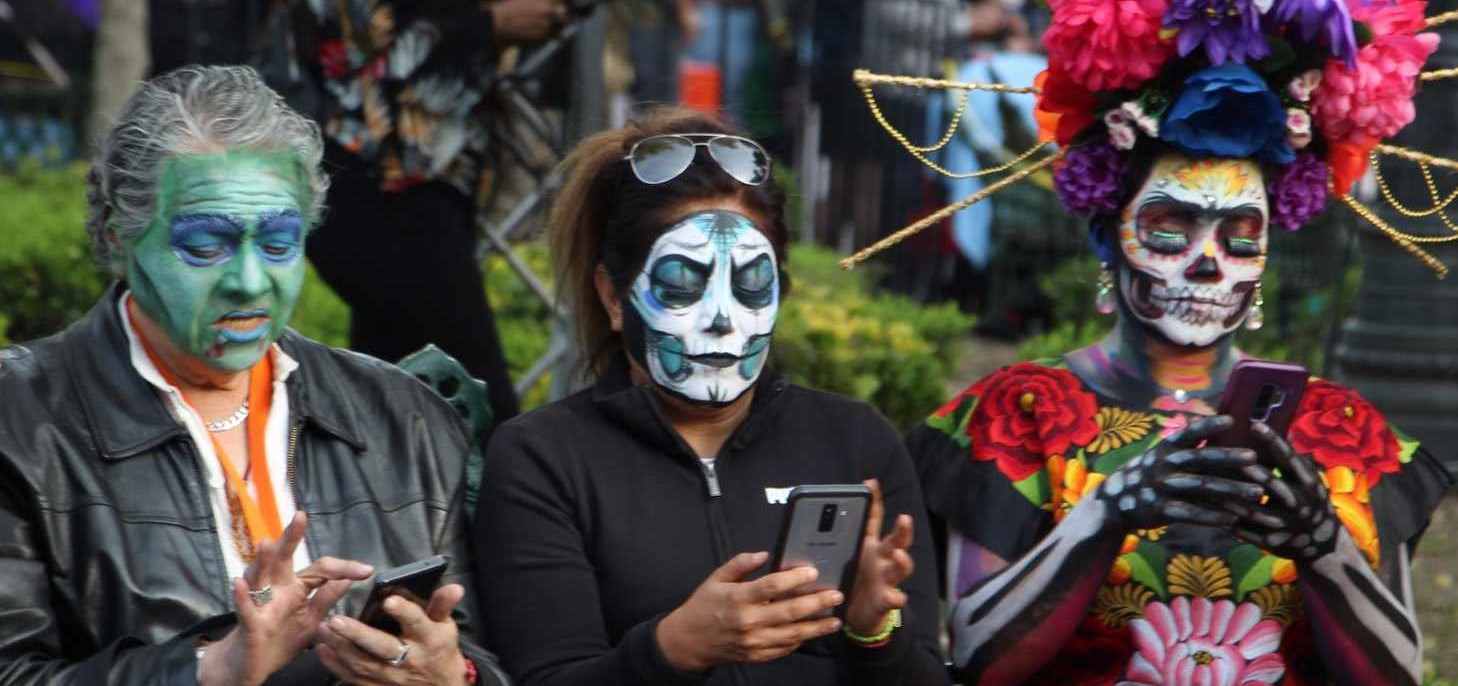Laura Raquel Valladares de la Cruz She has a doctorate in anthropology, is a professor-researcher at the Department of Anthropology of the Universidad Autónoma Metropolitana-Iztapalapa since 2001. Member of the National System of Researchers, level I. Her research work focuses on indigenous movements and organizations in Mexico, an interest that has maintained it for more than three decades and that has led her to study issues such as forms of organization and resistance, and strategies of struggle of indigenous peoples in Mexico, as well as the collective rights of indigenous peoples. In this last area, he has analyzed its impact within indigenous organizations and its role in the construction of political platforms for various organizations. Another of her topics for reflection and research has been the organizing and advocacy process of indigenous women and youth of different ethnic groups. She has studied the human rights situation of indigenous women in communities in the states of Guerrero, Oaxaca, Puebla, Querétaro, Veracruz, Michoacán and the State of Mexico. Another line has focused on the analysis of multicultural and postmulticultural policies implemented in Mexico from the 1990s to the present, from the perspective of legal anthropology.
Institutions




ISSN: 2594-2999.
encartesantropologicos@ciesas.edu.mx
Unless expressly mentioned, all content on this site is under a Creative Commons Attribution-NonCommercial 4.0 International License.
Download legal provisions complete
EncartesVol. 7, No. 14, September 2024-February 2025, is an open access digital academic journal published biannually by the Centro de Investigaciones y Estudios Superiores en Antropología Social, Calle Juárez, No. 87, Col. Tlalpan, C. P. 14000, México, D. F., Apdo. Postal 22-048, Tel. 54 87 35 70, Fax 56 55 55 76, El Colegio de la Frontera Norte, A. C.., Carretera Escénica Tijuana-Ensenada km 18.5, San Antonio del Mar, No. 22560, Tijuana, Baja California, Mexico, Tel. +52 (664) 631 6344, Instituto Tecnológico y de Estudios Superiores de Occidente, A.C., Periférico Sur Manuel Gómez Morin, No. 8585, Tlaquepaque, Jalisco, Tel. (33) 3669 3434, and El Colegio de San Luis, A. C., Parque de Macul, No. 155, Fracc. Colinas del Parque, San Luis Potosi, Mexico, Tel. (444) 811 01 01. Contact: encartesantropologicos@ciesas.edu.mx. Director of the journal: Ángela Renée de la Torre Castellanos. Hosted at https://encartes.mx. Responsible for the last update of this issue: Arthur Temporal Ventura. Date last modified: September 25, 2024.


